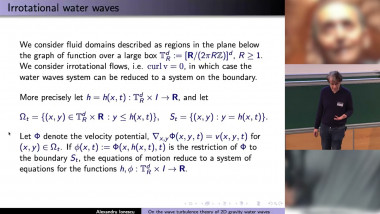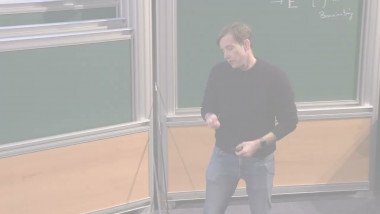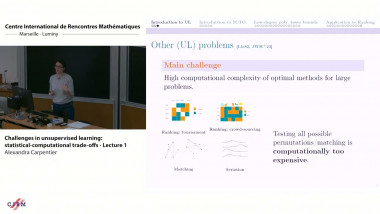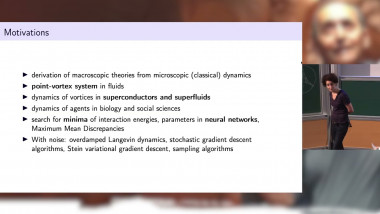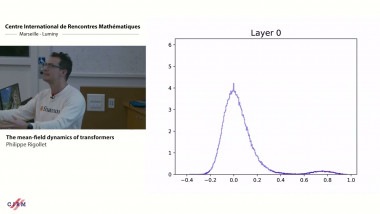Apparaît dans la collection : 2017 - T3 - WS2 - Probabilistic techniques and quantum information theory
Suppose we are given n copies of one of the quantum states {rho_1,. . . , rho_r}, with an arbitrary prior distribution that is independent of n. The multiple hypothesis Chernoff bound problem concerns the minimal average error probability P_e in detecting the true state. It is known that P_e=exp{-En+o(n)} decays exponentially to zero. However, this error exponent E is generally unknown, except for the case r=2. In this talk, I will give a solution to the long-standing open problem of identifying the above error exponent, by proving Nussbaum and Szkola's conjecture that E=min_{i neq j} C(rho_i, rho_j). The right-hand side of this equality is called the multiple quantum Chernoff distance, and C(rho_i,rho_j):= max_{0 = s = 1} {-log Tr (rho_i^s rho_j^(1-s))} has been previously identified as the optimal error exponent for testing two hypotheses, rho_i versus rho_j. The main ingredient of our proof is a new upper bound for the average error probability, for testing an ensemble of finite-dimensional, but otherwise general, quantum states. This upper bound, up to a states-dependent factor, matches the multiple-state generalization of Nussbaum and Szkola's lower bound. Specialized to the case r=2, we give an alternative proof to the achievability of the binary-hypothesis Chernoff distance, which was originally proved by Audenaert et al.
